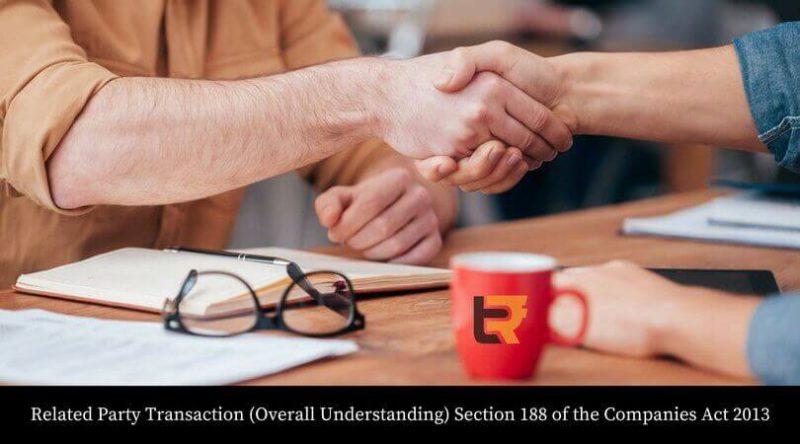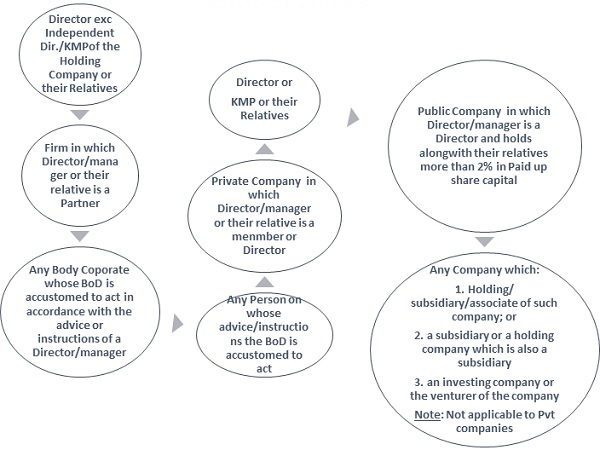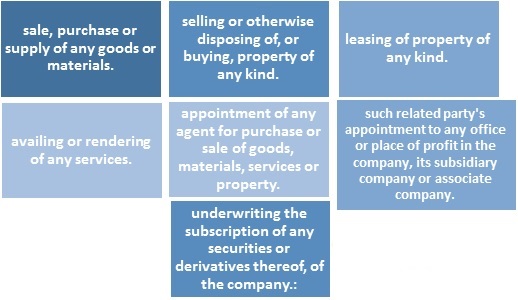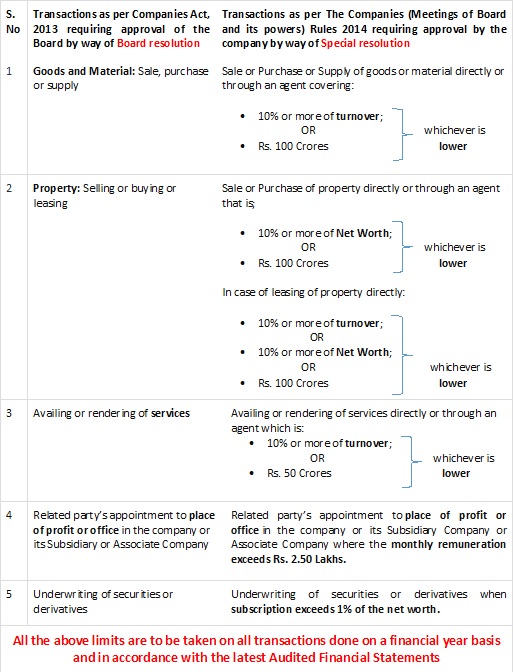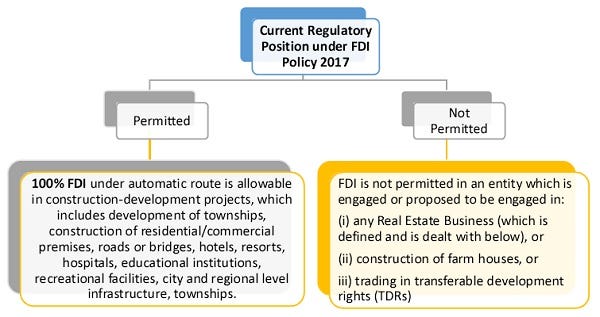
What exactly is GST? What is its purpose?
GST is a tax that is single on the supply of products and services, from the producer to the end user. Tax credits for input taxes that are paid at each step will be available at the next stage of value-addition that is what makes GST basically a tax on value-added at every stage.
The Benefits of GST for Imports as well as Exports
Export of products export of goods section 2 (5) "export of products" and its grammatical variations and equivalent expressions, is transporting goods from India to a location that is not India The export of items will be considered as zero-rated supply
Services exported"export of services" Advertisements in 2(6) "export of services" 2(6) "export of service" refers to the provision of any service , when
(i) the provider of services is located in India;
(ii) the person who is receiving service is not located in India;
(iii) the location for supply of services is not in India;
Zero-Rated Supply With zero ratings, it's intended to mean that
- all the value chain of supply is tax-free.
- Not only is output exempt from tax not only is it tax-free, but there's no limit to taking credit of taxes paid on input used to make or provide output supply.
In the sense of making the products or services zero-rated.
The supply of all goods and services is not zero-rated.As as per the GST Law exports are meant to be zero-rated. The zero-rated principle is used in spirit and letter to exports and the supply to SEZ.
Import of goods and Services - ''Import of goods" along with its grammatical variants and related expressions, is that goods are brought into India from in the outside of India"Import of Services" is the provision of any service.-the service is provided by
Export Methods
Phase 1 Stage 1: In this step, items are shipped from the warehouses of the exporter or from the place of the company to the CONTAINER FREIGHT STATION, or the INLAND CONTAINER DEPOT.For transport purposes the exporter must create an electronic way invoice at this stage.Here I would like to emphasize that If the invoice is lower than Rs.50,000or less, then the creation of an e-way bill isn't necessary.
2. 2: The products transferred from the warehouse of the exporter into CFS or ICD is then delivered at the terminal or airport.This transfer of goods to an airport or port is exempt from the requirement of of an electronic bill.
Import Procedures
Phase 1 Once the goods arrive at the port or at the airport here, the items are believed to have been actually imported.
2. Following the arrival of the merchandise in the ports, these goods are in the custody of customs.
3. After the goods are removed from the customs custody the goods are then shipped to be cleared at either CFS (Container Freight Station) or ICD (Inland Courier Depot).These types of transactions are not subject to creating an electronic bill for this type of transaction.
Stage 4. Then, these products are then transported to CFS or ICD in either the Warehouse that is bonded; or to the factories or to businesses consumes.
What's E-Way Bill and how it functions?
A digital Way Bill (E-Way Bill) is a yielding device which, via a computer device or program, the individual who is moving products uploads pertinent information and data prior to the goods are moved and generates an e-way invoice through the GST website.
- Import Amount and duration of an electronic bill will be calculated when the items are shipped to the place of the factory or business from CFS/ICD or warehouses.
- Export Distance and validity of an electronic way bill must be determined prior to the transport of products from the place of the company to ICD/CFS or warehouses as the situation could be.
Where to Supply of Goods
The place of supply for products shipped into or exported out of India --
The location of supply for products imported in or exported out of India is determined in line with the requirements in Section 11 of the IGST Act 2017.
According to the regulations of Section 11.11, the location for the supply of goods must be as follows:
Levability and Integrated Taxes for High Seas Sales Transactions
The High Sea sales is one popular selling practice that is carried out by the buyer in actuality and a third party buyer when the merchandise is in the high seas or prior to the time that the merchandise has passed through the customs border of the particular country.
Let's look at the procedure of high sea sales through an simple example.If an Indian buyer India buys an item from a vendor within the USA and sells it to a different buyer in India even though the product or item is in transit, it's known as the high sea sale.There is no limit to selling the same item to multiple buyers when they are on high seas.
The required documents to be considered for high-sea sales under the GST Law. GST Law
- Commercial Invoice
- High Sale Agreement
- Bill of Lading
- Certificate of Origin
- Import Invoice
- Insurance Certificate
Import of Services
The IGST act of 2017 defines the importation of service as the provision of any kind of service that:
- The service provider has its headquarters outside India
- The person who is the recipient of this program is in India and
- The place of supply for the service is India
Furthermore, the nature of the service being imported along with the motive behind it and the reason for its import determine whether a specific service import can be classified as supply.
Situation I Import of Service to Consider If or not in the furtherance of businessSay it is an importation of service.Further this import is considered to be a consideration, but could be to benefit business.Thus the importation of services in this situation is regarded as an offer.
This means that any exchange of service without consideration cannot be regarded to be a supply.It is not required that an import of a service as a result of consideration is carried out to benefit an enterprise.
Second Case Importation of Services by a Taxable Individual from a Distinct or Related Person
If there is an import of a service from a distinct or related person, as per article 25 of the CGT Act, 2017.Further, such an import of a service is for the interest of business and could or might not be done in exchange for consideration.Such an import of a service is considered to be a supply.
A Letter Intent in the context of GST
The letter of undertaking is the form of document the user submits to declare that they have met all the conditions under GST.It is provided in the event that an export is undertaken without paying IGST.Also as per Notification No.37/2017 Central Tax, it is mandatory to supply LUT to export either services or goods or both, and without paying IGST.If the exporter is not able to supply the LUT and is not able to provide it, he will have the obligation to either pay IGST or pay the export bond.Earlier LUT could only be submitted offline at the relevant GST office.But to make it easier the process, the Government has now made LUT submission online.
The importance of the location of Supply
- The incorrect classification of supply states that are interstate or intrastate, and vice versa can result in hardship for the taxpayer, as per section 19 of the IGST Act and section 70 of the CGST Act
- In the event that tax was incorrectly paid on account of the incorrect classification the refund has to be requested by the taxpayer. The taxpayer must make the appropriate tax payment, as well as interest for the delay , on the basis of a revised or correct classification
- Additionally, a correct estimation of the place of supply can help us determine the amount of tax.As If the location of supply is identified as being outside of India Tax does not need to be paid on the transaction.
OIDAR - sec 13(12)
Online Information Database Access and Retrieval services (hereinafter called OIDAR) refers to a class of services that are offered via the the internet, and delivered to the user online, without physical contact with the seller of these services.For E.g.downloading or purchasing an electronic book online to pay for it would constitute a receipt of OIDAR services through the user who downloads the e-book and makes an online payment.
There is no GST levyable in the following cases
- Transfer of goods from a area that is tax-free to a different place within the territory that is not tax-free, without goods entering India
- Warehoused goods are available to anyone who is cleared for consumption at home
- The supply of goods is made by the consignee to other person, based on the endorsement of a document that confirms title to the items, after the items were shipped from the point of origin outside India but prior to clearance for domestic consumption.
Merchant Exports covered under GST
Merchant exporters are one who is involved in trade activities and is exporting or planning to export.They don't have manufacturing units.They purchase goods from a supplier and deliver them to customers in foreign countries.
Merchant exporters are legally required to be registered as per GST.Under GST, the GST regime, the process for exporting is now simplified, merchant exporters can also choose to
Create an export under bond/LUT Then, the unutilized input tax credit may get claimed for a tax refund.
OR to export through the payment of IGST and then request a refund of the same.However it is not available if the person who is exporting does not have an option under the Special Relief Scheme of buying products at 0.1 percent GST.
Merchant exports are comparable to regular exports.They help the economy by the addition of foreign currency.Therefore the government has offered discount rates to merchant exporters. This helps themto lower their capital requirements.Thus the government has granted specific relief for merchant exporters through reduction of their GST amount to 0.1 percent for purchases of products from local suppliers
Deemed Exports
- Delivery of goods to a registered person in exchange for Advance Authorization
- Capital goods supply by a registered individual against an Export Promotion Authorization for Capital Goods
- A person who supplies goods to an individual who is registered to an Export Oriented Unit
- Gold supply by a financial institution or Public Sector Undertaking against Advance Authorization.
What happens when refunds are able to be refused or refused?
- The company has not provided any returns
- You are required to pay any tax to pay interest, tax or penalty
- Deduct any unpaid taxes, interests penalties, late fees, and taxes from the refund amount. order to refund is in appeal. The award of the refund could be detrimental to the revenue from the appeal in the event of fraud or malfeasance committed
There are reasons why the refund may be delayed?
- Insufficient Information
- The lack of diligence when making GST returns
- Error when matching the information electronically
Interest in a delayed refund
- Request for refunds made
- If the refund cannot be given after 60 days from request
- 6 percent p.a.Interest for the duration of delay
- Refunds are given after 60 days of Order of Appellate Authority / Tribunalor Court
- 9percent p.a for the time of delay.
Summary the government of India is constantly taking measures to promote its domestic products overseas through a variety of measures.One of these directions in the area of Taxation is the return of ITC earned on exports to allow these products to compete on the International market and to encourage the production of indigenous goods and thus increasing India's foreign exchange reserves.Further important is that to be able to claim the benefits of export, one needs to create the proper documentation in accordance with GST Act. GST Act.
The Author's Bio
Author: Ruchika Bhagat FCA providing assistance to foreign firms in establishing and closing businesses in India and ensuring compliance with the various tax laws that apply to foreign businesses when establishing an operation in India.Neeraj Bhagat and Company. Chartered Accountants is a established Chartered Accountancy firm founded in 1997 and has its headquarters in New Delhi.





